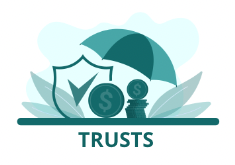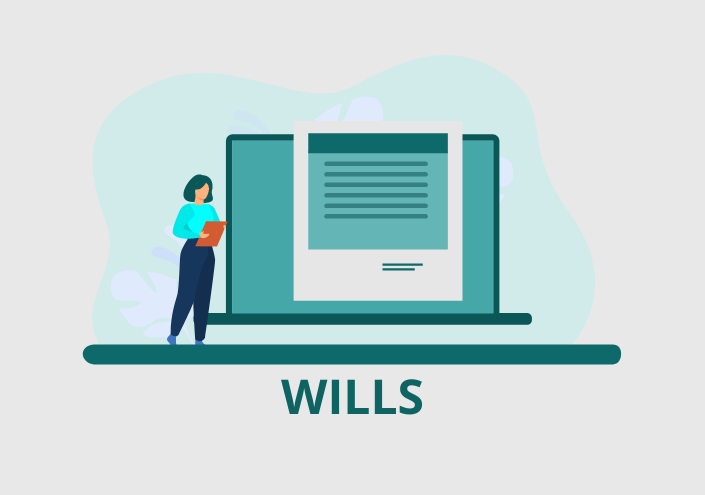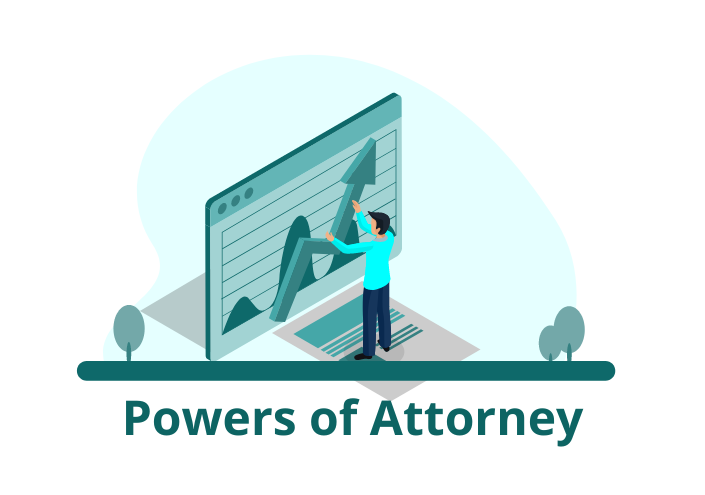One major feature of an estate plan is a trust. Establishing a trust is like setting up a special account where you can pour all of your assets into. Under the umbrella of a trust, you can avoid the hassle of your assets being locked up in probate for an extended period, save on taxes, and ensure your assets are used according to your wishes.
There are different kinds of trusts, but two of the more common types are revocable living trusts and irrevocable trusts.
Estate laws vary from state to state so be sure to consult your estate planning professional on how the laws in the state you live in may affect your wishes.




